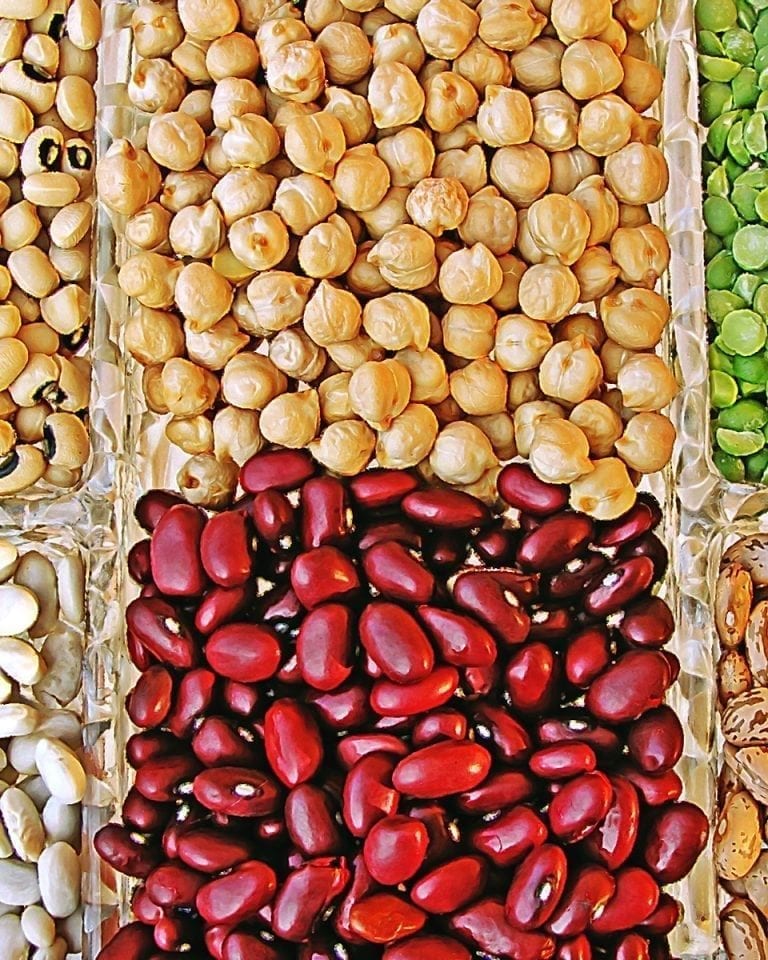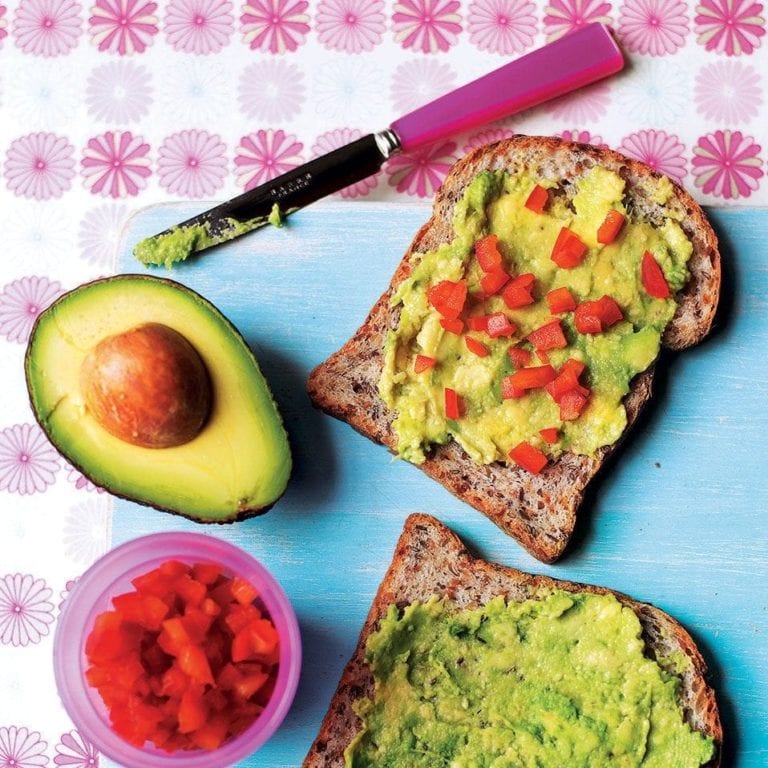The dirty truth about clean eating
Beware the witterings of self-appointed wellness gurus and ‘health’ bloggers, says Anthony Warner.
The pseudoscience and old-fashioned food exclusion that are at the dark heart of the ill-informed trend: clean eating.
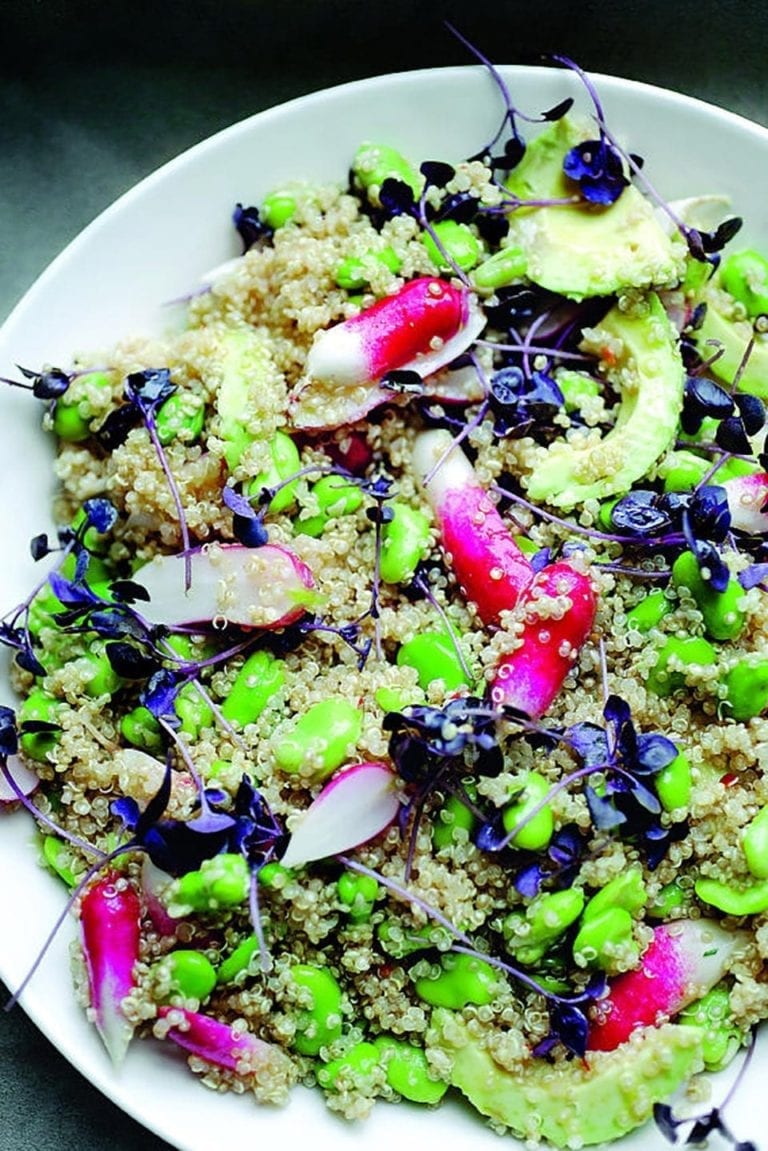
Clean eating, we are told, is the new path to a happy, healthy lifestyle. Constant dieting, the grim but essential lifestyle accessory of 1980s and 1990s celebrities, has been abandoned by the millennial generation in favour of the effortless perfection of a wellness-centred lifestyle. Dozens of shiny new healthy-food gurus fill the pages of our magazines, newspapers and airwaves telling us about their food philosophies, their natural glow and their journey to perfect health through diet. Their Instagram accounts document glamorous, aspirational lives centred round stylish kitchens, where these bright young stars perform assorted yoga moves next to an endless procession of avocado and quinoa-based delights.
For a movement that prides itself on being a joyous lifestyle rather than a dietary fad, it has always seemed odd to me that the trend for ‘clean eating’ leaves such an obvious clue to its pernicious nature within its name. Clean. If certain foods are considered clean, then all others are, by implication, dirty. That implication is damaging and wrong.
Although sold as a pathway to effortless health, clean eating is simply an old-fashioned diet of exclusion. To hide the weight-loss goals that lie at its heart, it advocates cutting whole food groups from the diet, falsely claiming that perfectly nutritious ingredients are damaging to our health; dirty and unclean. For various pseudoscientific reasons, followers are told they must cut out wheat, gluten, grains, potatoes, rice, pulses, dairy, meat, fish, fruits or any combination of these depending on which new lifestyle guru is looking most appealing on social media this week.
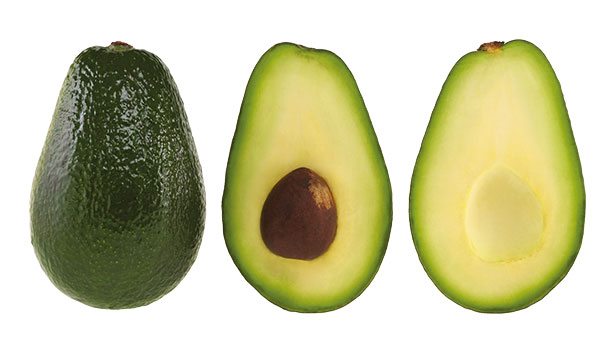
As more new bloggers, Instagram stars and bandwagon-jumping celebrities appear, they have to fight for space in an increasingly crowded wellness market. Inevitably, the advice being served is becoming more and more extreme.
The endpoint will surely be when every Instagrammed meal consists of disappointing combinations of coconut oil, kale, avocado and quinoa. They will then decide that avocado and coconut oil are too high in fat and the supply of quinoa is unsustainable. We will be left with kale served in a bowl. And no one really likes kale.
Fortunately, in the real world, there is no need to exclude anything from your diet unless you have a genuine medical reason to do so (a tip – ask a medical doctor or a dietitian rather than an unqualified food blogger). The key to a healthy relationship with food is to embrace as much variety as possible and try to keep some balance. To arbitrarily exclude anything is quite the opposite of what we should be doing. Eating is one of life’s great joys. No food should ever be considered dirty; no diet should be deemed unclean. No one should be made to feel even the slightest bit ashamed about a slice of cake or a pork pie.
The wellness and clean eating trend may proclaim that it’s all about enjoying ‘real’ foods, but scratch the surface of this movement and all too often a dark underbelly is revealed. Behind the veneer of effortless wellbeing lurks bad science. Scratch some more and you will find dangerous messages of exclusion, guilt and shame.
Anthony Warner is a development chef by day and blogs as The Angry Chef by night.
Subscribe to our magazine
Food stories, skills and tested recipes, straight to your door... Enjoy 5 issues for just £5 with our special introductory offer.
Subscribe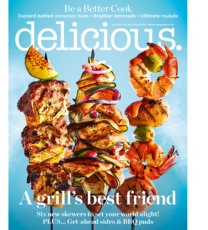
Unleash your inner chef
Looking for inspiration? Receive the latest recipes with our newsletter
